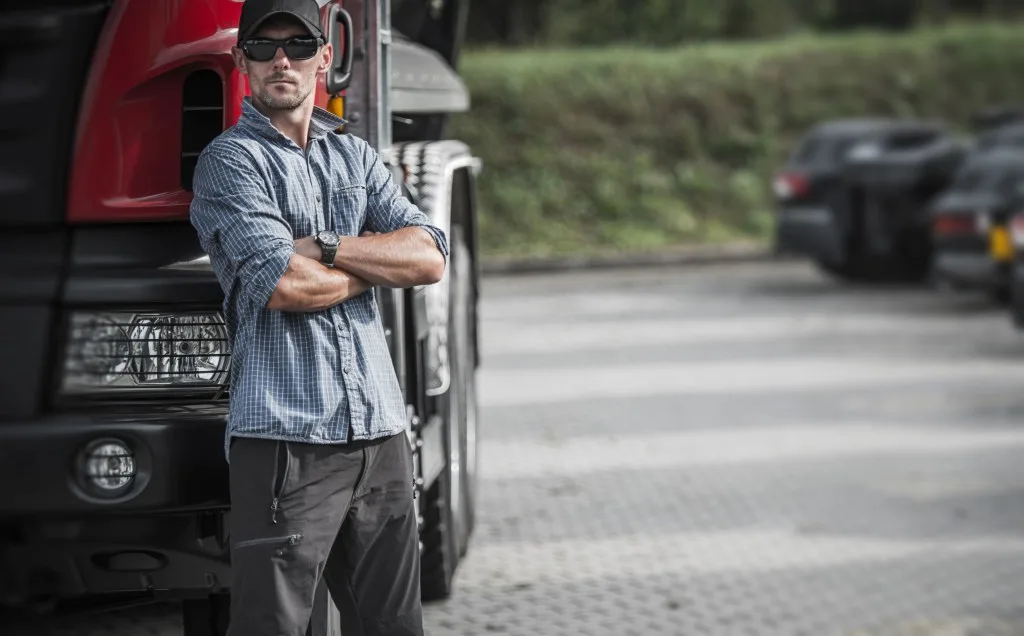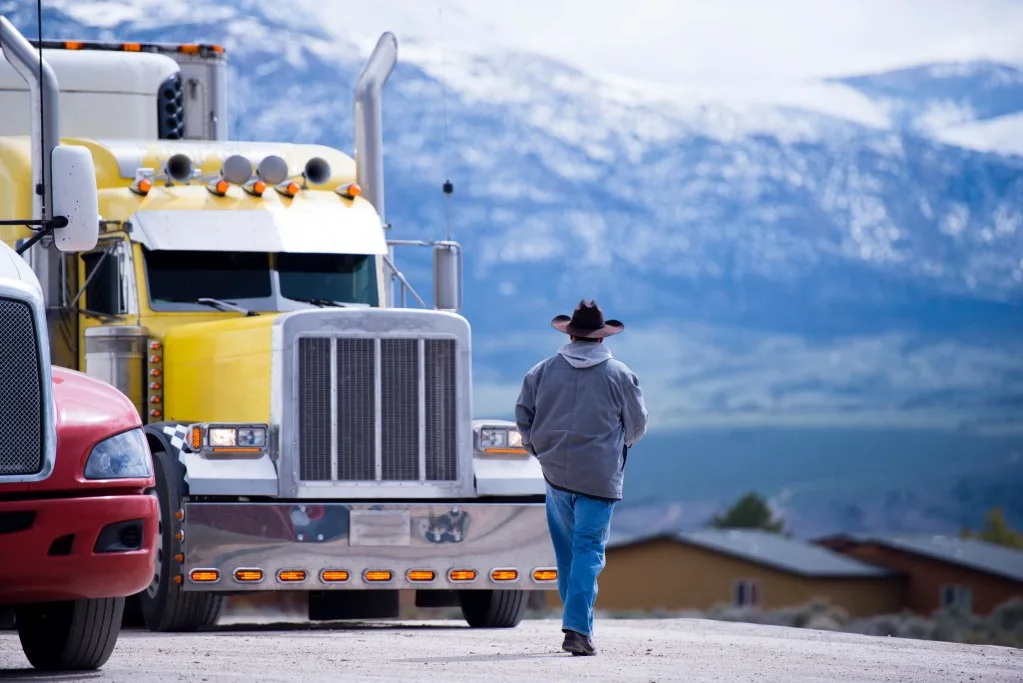If you dive into just about any hobby or profession, you’re likely to discover that there is some sort of code used for communicating.
Talking in code can be more efficient and helps avoid miscommunication.
While pilots and police officers often communicate in code, truck drivers are another profession that often communicates in code.
You’ve likely heard or said the phrase “10-4” used in conversations. So what does “10-4” mean?
What Is Trucker Code?
Truckers often use CB (Citizens Band) radios to communicate with each other while on the road. However, because they have very important jobs, they need to be precise and effective when communicating. As a result, they’ll use a combination of numbers to communicate important information quickly. These are often referred to as “10 codes,” as the first number in the code starts with “10.”
However, there are thousands of slang terms that truckers use. Some of them we can post here, and others aren’t as family-friendly.
Terms like “backdoor” refer to the back of their vehicle, “chicken coop” refers to a weigh station, and “smile and comb your hair” means there’s a radar trap ahead.
What Does 10-4 Mean?
One of the most popular 10 codes used by truckers is the term “10-4.” This is a term that means “affirmative” or “I agree.”
This is a phrase that is so common that many individuals, who have never driven an 18-wheeler, will use it in their everyday vocabulary. Telling someone is commonly used when receiving special or specific instructions.
Do Trucks Still Use Trucker Code?
CB radios were very popular methods of communicating with previous generations of truckers. However, the new generation of truckers relies more on technology and smartphones to help transmit important information. There are trucking apps that can help send alerts and access information without having to use a CB radio.
Does this mean that trucker code is dead? Absolutely not. There are still some truckers out there on the road that prefer the method of communication.
It’s quicker, easier, and safer than trying to communicate over an app or smartphone. In addition, many states restrict the use of mobile phones while driving, which could land a truck driver in hot water while hauling loads that weigh 30,000 to 80,000 pounds.

10 More Examples of Common Trucker Code
While you’ve likely heard or used “10-4” before, here are some other examples of commonly used trucker code. Let’s take a look!
10-1: Receiving Poorly
If you hear a trucker state “10-1,” they’re trying to communicate back to another trucker that their message wasn’t received entirely due to a bad transmission. While these are long-range forms of communication, they’re not perfect. A user may need to repeat a message to make sure their message gets communicated clearly.
10-7: Out of Service
Truckers must follow strict regulations regarding how much they can drive. As a result, they’ll communicate they’re “10-7” when they’re out of service or taking a break. This could be at a truck stop, rest stop, or other safe parking location.
10-9: Repeat Message
A trucker who says “10-9” is asking to have the transmission repeated. This could be because it came through unclear, or there were important details that they may have missed.
10-11: Talking Too Fast
A rookie trucker who is nervous or one who has had an extra cup of coffee or two may speak a little too fast over the radio. This can make it difficult to understand a radio transmission and require repeating. In that case, a driver may request a “10-11.” If they’re talking to you, repeat the transmission, but just a little slower next time.
10-13: Advise Weather/Road Conditions
Truckers look out for one another, especially when it comes to safety. If you hear “10-13” they’re giving you a heads-up that the weather or road conditions are about to change. Either way, you will likely want to reduce your speed and be alert.
10-34: Trouble at This Station, Send Help
Truck stops and fuel stations can be unpredictable. Spending hours on the road can be stressful and people can behave rather erratically. As a result, some people may lose their tempers and situations can escalate quickly. You may hear a “10-34” if a tucker is requesting help because of some sort of trouble or situation.
10-42: Traffic Accident
When you spend a significant amount of time on the road, accidents are rather common occurrences. Truckers will give a “10-42” to alert other drivers regarding the location of an accident. If they’re on the interstate, they’ll likely give the location of the nearest mile marker to help other truckers to know when to expect it.
10-43: Traffic Jam
A “10-42” can cause a “10-43,” which is never what any trucker or driver on the road wants. Traffic jams can shut down the highway and cause severe delays. If a trucker hears this transmission in time, they may be able to adjust their route to avoid a significant delay.
10-73: Speed Trap
Truckers operate on very strict timelines with razor-thin margins. To give themselves some buffer, some drivers will push the needle as much as they can over the posted speed limit. However, getting caught speeding as a trucker can have some serious consequences, potentially even termination of employment. As a result, truckers will give a “10-73” to warn other drivers of speed traps they’ve seen.
10-100/200: I’ve Got Go #1 or #2
Truckers aren’t exempt from having to answer nature’s call when it rings. A 10-100 means they have to pee, and 10-200 means they’ve got to poop. However, most truck drivers will likely use some four-letter words in these types of situations. Either way, just make sure you get out of their way when you hear this transmission. You’d want the same respect shown to you. This is the other type of accident truckers don’t want to experience.

Know Your Trucker Code
By understanding trucker code, you can be more effective with how you communicate. It can help eliminate any confusion or misunderstanding when trying to relay important information, whether you’re a trucker or not. You never know when it might come in handy for you to know some of the 10 codes. Have you ever used any of the 10 codes?
Discover the Best Free Camping Across the USA
To be honest with you, we hate paying for camping. There are so many free campsites in America (with complete privacy).
You should give it a try!
As a matter of fact, these free campsites are yours. Every time you pay federal taxes, you’re contributing to these lands.
Become a FREE CAMPING INSIDER and join the 100,000 campers who love to score the best site!
We’ll send you the 50 Best Free Campsites in the USA (one per state). Access the list by submitting your email below: